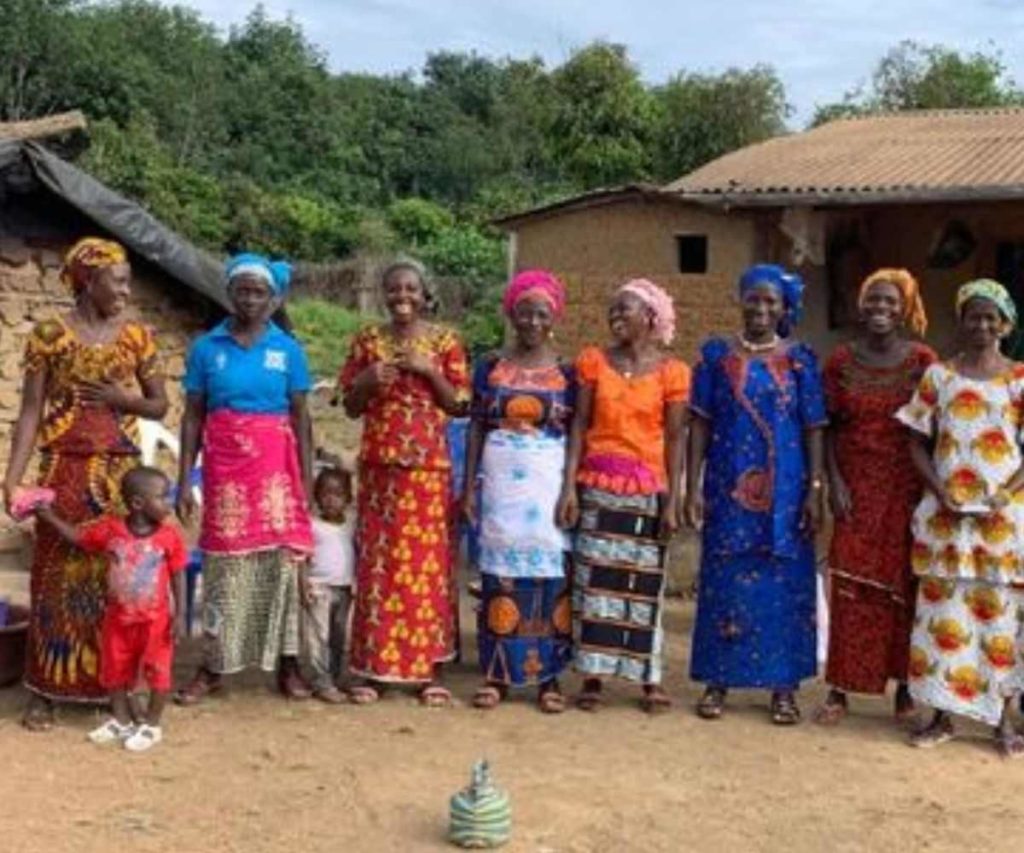Mars Wrigley, the leading global manufacturer of chocolate confectionary, releases its human rights report called ‘Respecting Human Rights in the Cocoa Supply Chain.’
The report delivers progress towards their target of 100% of its cocoa being sourced under its ‘Responsible Cocoa Program’ by 2025 and puts together Mars Wrigley’s human rights goals within the cocoa sector.
This report lies under Mars Wrigley’s $1 Billion Cocoa for Generations strategy, originally launched in 2018 focused on protecting children, preserving forests and improving farmer income.
Mars Wrigley’s ambition to create a more inclusive, modern and sustainable cocoa supply chain requires shared accountability across suppliers, partners and governments.
Its human rights report outlines the plan requried for industry, governments and civil society organisations to address inequality, poverty and human rights violations in cocoa farming.
The United Nations General Assembly has declared 2021 as the International Year for the Elimination of Child Labour.
Mars Wrigley, unsuprisingly, states their belief that child labour and slavery have no place in the cocoa supply chain.
Their effort to be a good citizen in this regard was launched in 2020 with its Protecting Children Action Plan aimed at addressing the root causes.
The progress report includes:
- Expanding coverage of child labor monitoring and remediation systems to nearly 70% (from 51% in 2019) of volumes sourced in Cote d’Ivoire and Ghana, across 58,000 households.
- Championing the Living Income Differential (LID), Mars Wrigley was the first chocolate company to support the LID fee enacted by the governments of Côte d’Ivoire and Ghana, has consistently purchased its cocoa with the LID to support cocoa farmers, and has been vocal in calling on others to do the same.
- Empowering women socially and economically by doubling the Village Savings and Loans Associations program membership in 2020, reaching more than 24,000 members, plus a $10M commitment to CARE to reach more than 60,000 by 2025; and with new research with KIT Royal Tropical Institute on gender, including a unique empathy study grounded in the voices of women and girls in cocoa communities and their views on actions to address gender inequality and disempowerment.
- Promoting quality education and early childhood development and nutrition with an investment of $3.3M to support the Jacobs Foundation’s creation of two new public-private education funding facilities.
Andrew Clarke, Mars Wrigley Global President commented that their cocoa human rights report can serve as a critical tool for opening more dialogue, sharpening focus and invoking collective effort to transform the cocoa supply chain. (editors note. we hope one-day Execs at the big chocolate companies learn to talk in plain language).
He said:
Publishing our experience – sharing what we believe works and what doesn’t – is essential to confront the realities of the cocoa supply chain.
While we take pride in our individual efforts, sustainable cocoa farming cannot exist when farmers’ rights are not respected and when they are not paid fairly for their labor across the entirety of the sector.
To achieve meaningful impact that enables cocoa farmers to thrive, public-private partnerships coupled with appropriate due diligence legislation where needed will be essential. Together these enablers can help improve farmer income and advance respect for human rights in cocoa growing communities.
The full Mars Wrigley’s ‘Respecting Human Rights in the Cocoa Supply Chain’, can be viewed here.

